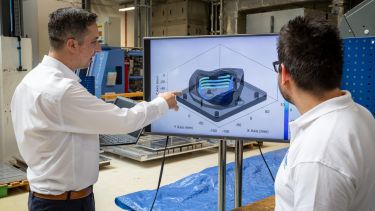PhD Study
The University of Sheffield offers various PhD programmes with different opportunities to study Artificial Intelligence. Listed below are PhDs that are supervised by staff from the Centre for Machine Intelligence.

Off
CMI PhD opportunities
The below PhDs are supervised by staff from the Centre for Machine Intelligence:
